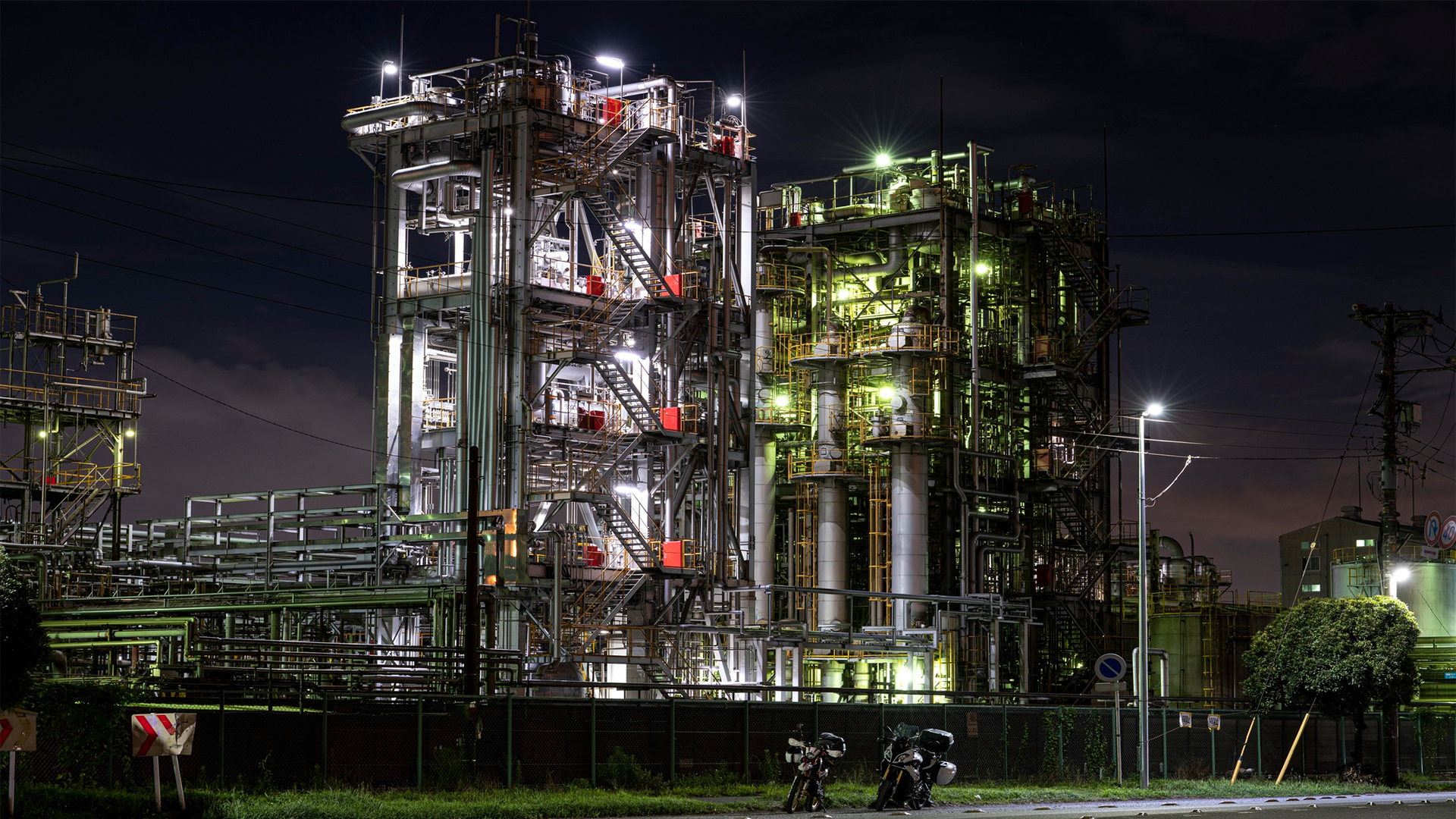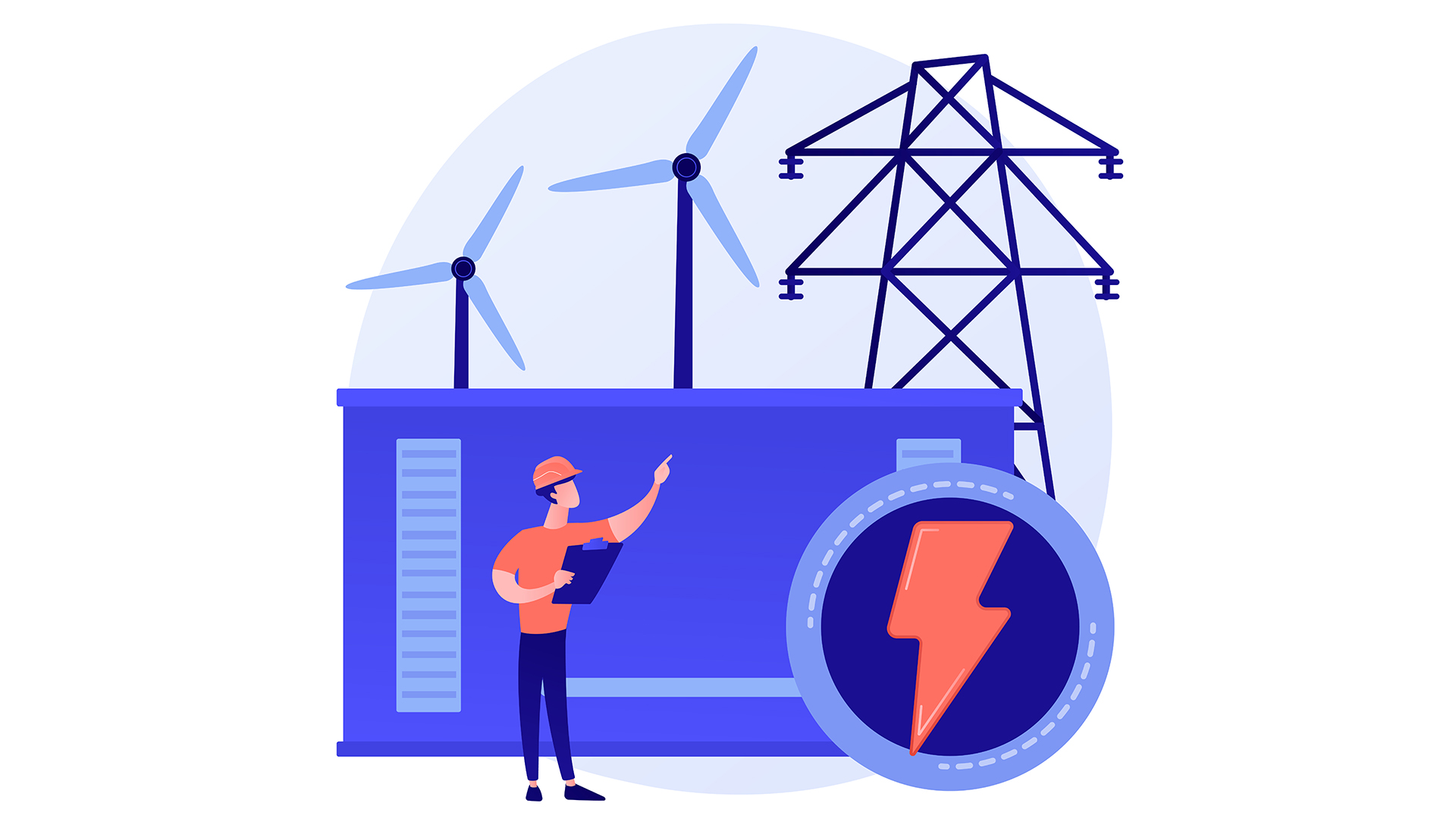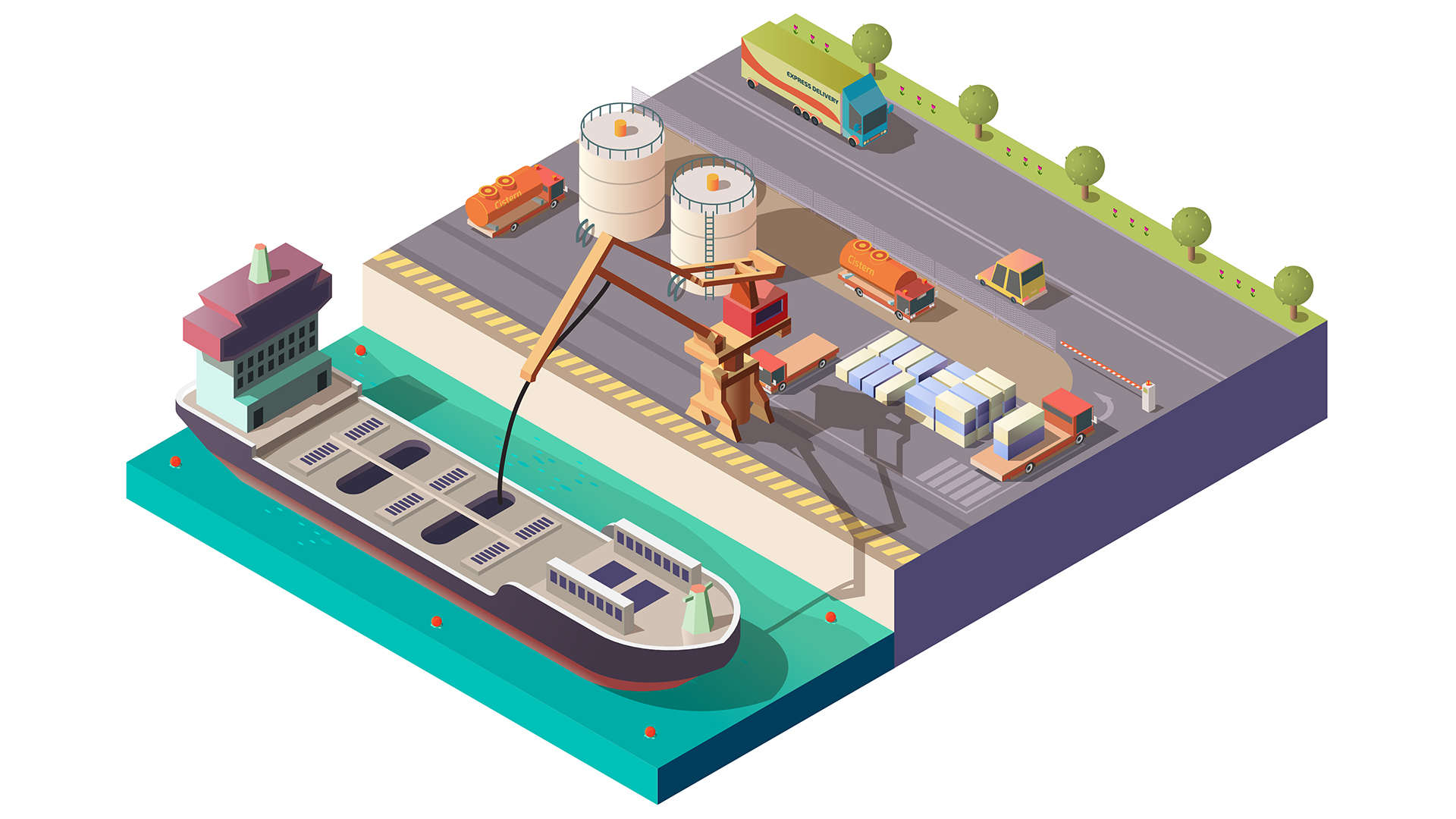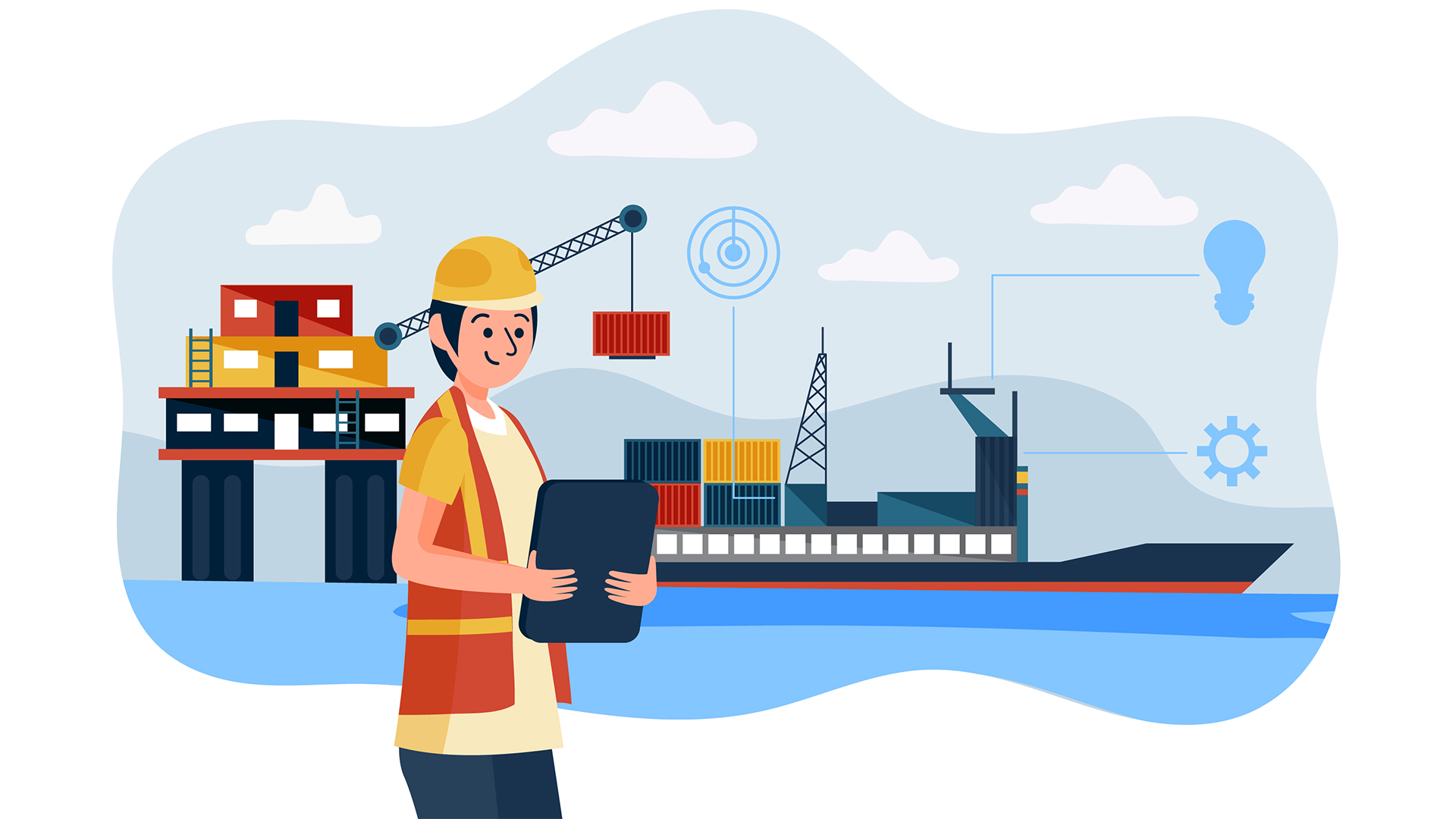
Harness Your Petrochemicals Knowledge With Mini MBA
Course overview
Are petrochemicals the oil industry’s way forward?
Fossil fuels are essential to the oil and gas sectors. These are coming under growing pressure from two sources: first, the rapid depletion of their reservoirs. The second comes from the harm they do to the environment when they are extracted and processed into raw materials by businesses to produce petroleum goods. In the end, this results in greenhouse gas emissions and global warming.
The latest environmental declaration from COP26 may change the trajectory of energy production, leading to an increase in the use of unconventional and renewable energy sources. There will be increased pressure on the oil and gas industries that rely on fossil fuels to generate the value chain’s downstream petrochemical goods. These goods, which produce comparatively less greenhouse gas emissions, want to transform a sizeable portion of their factories to produce petrochemical items like chemicals, additives, and high- and low-density polyethylene from petroleum sources like gasoline and diesel. Consumers will benefit from this in terms of household plastics, pharmaceuticals, and other goods. When petrochemicals are used instead of petroleum products, the direct greenhouse effect and global warming may be lessened, but other environmental challenges and management, like waste management, would still exist.
What does the training course in petro chemistry cover?
The purpose of this Training Bee course is to teach participants the basics and dynamics of the petrochemical industry, as well as its economic significance in the contemporary global setting and how it is sustained. Participants will be able to gain greater knowledge about the importance of petrochemicals. Additionally, the key characteristics that can boost earnings and enable businesses to prosper during periods of low price are those that can help them survive. Included are a number of variables, data, procedures, and systems that are beneficial when considering an MBA program. Included are some PDCA (Plan-Do-Check-Act)-based elements of the Environmental Management System (EMS), Safety Management System (SMS), and Quality Management System (QMS).
Attendees will leave this Training Bee training course with a thorough understanding of the “Mini MBA-Fundamentals and Dynamics of Petrochemicals Industry.”
Introduction
Greetings and welcome to the Fundamentals and Dynamics of the Petrochemical Industry Training. This extensive study covers the fundamental ideas and the dynamic forces that form this important industry, giving you a deep grasp of the petrochemical sector.
Because the petrochemicals sector produces a vast range of goods that affect our daily lives, it plays a crucial role in modern civilization. Petrochemicals form the foundation of many different sectors, ranging from plastics and synthetic materials to chemicals used in manufacturing, agriculture, and healthcare.
We are The Training Bee, a global training and education firm providing services in many countries. We are specialized in capacity building and talent development solutions for individuals and organizations, with our highly customized programs and training sessions.
We can’t wait to start this educational journey with you. The petrochemicals sector is an enthralling, demanding, and lucrative one, and this program will provide you the tools you need to advance your career. To get the most out of your study, we encourage questions, conversations, and active participation throughout the course. Our goal is for you to successfully comprehend the principles and workings of the petrochemicals sector.
Learning Objectives
Upon completing Mini MBA: Fundamentals and Dynamics of Petrochemicals Industry, participants will be able to:
- Understand the fundamentals of oil and gas production, refining processes, and the petrochemical industry.
- Use technical jargon and concepts from the petrochemical sector when speaking with stakeholders.
- Learn about the value chain of petrochemicals, from crude oil and gas to finished plastics and other high-value, sophisticated petrochemicals used to enhance human life quality.
- Expand your understanding of pricing, distribution, sales, contracts for sales, demand forecasts, etc.
- Examine the petrochemical markets, petrochemical models, and business strategies.
- Create the fundamental chemical groups, reorganize the chains of hydrocarbons to add economic value, and calculate the yield and conversion in a refinery.
- Understand the assessment of petrochemical project management and the important factors to take into account when choosing the right technology, funding, and operating expenses for the project.
Our Unique Training Methodology
This interactive course comprises the following training methods:
- Journaling – This consists of setting a timer and letting your thoughts flow, unedited and unscripted recording events, ideas, and thoughts over a while, related to the topic.
- Social learning – Information and expertise exchanged amongst peers via computer-based technologies and interactive conversations including Blogging, instant messaging, and forums for debate in groups.
- Project-based learning
- Mind mapping and brainstorming – A session will be carried out between participants to uncover unique ideas, thoughts, and opinions having a quality discussion.
- Interactive sessions – The course will use informative lectures to introduce key concepts and theories related to the topic.
- Presentations – Participants will be presented with multimedia tools such as videos and graphics to enhance learning. These will be delivered engagingly and interactively.
Training Medium
This Mini MBA: Fundamentals and Dynamics of Petrochemicals Industry training is designed in a way that it can be delivered face-to-face and virtually.
Course Duration
This training is versatile in its delivery. The training can be delivered as a full-fledged 40-hour training program or a 15- hours crash course covering 5 hours of content each day over 3 days
Pre-course Assessment
Before you enroll in this course all we wanted to know is your exact mindset and your way of thinking.
For that, we have designed this questionnaire attached below.
- If appropriate, what position do you now hold in the petrochemicals industry?
- Why did you decide to sign up for this petrochemical training program?
- In a nutshell, what distinguishes the chemical and petrochemical industries?
- Have you received any previous training or experience in the petrochemicals industry? If so, kindly give further information.
- What are your objectives for this training course? Do you have any particular interests in any particular subjects or fields?
- Are you aware of the fundamental feed stocks that the petrochemical sector uses? If so, enumerate them for us.
- What are some typical petrochemical products or end uses?
- What do you know about the problems with sustainability and the environment that the petrochemical industry faces?
Course Modules
This Mini MBA: Fundamentals and Dynamics of Petrochemicals Industry cover the following topics for understanding the essentials of the Agile Workplace:
Module 1 – Essentials of Processing Raw Materials for Oil and Gas
- Fossil Fuel Reservoirs Overview of the Global Oil Industry: Exploration, Extraction, Refining, Marketing, and Transportation
- Distillation of Crude Oil and Refined Products
- Crude Oil Price and Value Addition in Oil Economics
Module 2 – Ideas Concerning Petrochemicals
- Petrochemicals: What Are They?
- Value Chain for Oil and Gas that Leads to Petrochemicals
- Essential Characteristics of Organic Chemicals in Basic Organic Chemistry
- Categorization of Petroleum Products
- Petrochemical products’ conversion from petroleum
- The Petrochemical Industry’s inception
Module 3 – Equipment, Procedures, and Feedstock’s for Petrochemicals
- The distinction between petrochemicals and fuels
- The Fundamental Petrochemical Reactions: Condensation
- The Practical Understanding of Equipment Used in the Petrochemical Industry: Refining and Petrochemical Integration, with Benefits and Drawbacks
Module 4 – Markets and Value Chains for Petrochemicals
- Recognize the concept of these value chains’ optimization.
- The needs of Olefins and their value chain Polyvinyl chloride, Propylene, and Ethylene
- Applications of Olefin Products and Production Technology
- The International Chemical Industry Researching Market Segments
- Studying Fundamental Market Research
Module 5 – Strategies for Petrochemical Business
- Ideas for Petrochemical Approaches
- Key Business Incentives for International, National, and Non-Oil Companies’ Strategies and Business Models
- Advertising Techniques
- Marketing Dividends
- Important Success Factors for Marketing
Module 6 – Assessment of Petrochemical Projects
- Phases and management of projects
- Similarities and Dissimilarities Among Projects in Various Sectors
- Technology, capital, and operating costs for the project
- Financial Assessment
- Investors and Lenders
- Selection, Design, Construction, and Implementation of the Project
Module 7 – R&D in Petrochemicals: Innovations, Difficulties, and Prospects
- Innovations in Petrochemicals Are Required
- Advances in Petrochemical Technology
- New Ideas to Fulfill Market Needs
- The emergence of biofuels
- Particular Qualities of Petrochemicals Used in Various Industries
- Future Trends, Obstacles, and Hazards Associated with Petrochemicals
Module 8 – Best Practices for Maintaining the Petrochemical Sector
- System of Quality Management (QMS)
- System of Safety Management (SMS)
- System of Environmental Management (EMS)
- Applying the Plan-Do-Check-Act (PDCA) methodology to petrochemical incidents and their resolutions
Post-course Assessment
Participants need to complete an assessment post-course completion so our mentors will get to know their understanding of the course. A mentor will also have interrogative conversations with participants and provide valuable feedback.
- Which ideas or revelations about petrochemicals did this training session offer you the most?
- Did the course fulfill your expectations? Please elaborate.
- In what ways has this training improved your comprehension of the dynamics and foundations of the petrochemicals industry?
- Did you find any particular subjects or fields particularly interesting or difficult?
- How has the petrochemical industry’s environmental and sustainable components been addressed in the training, and how has this affected your viewpoint?
- Have you gained the information and abilities required to function in the petrochemical business more successfully?
- How do you intend to use the knowledge you’ve gained in your current position or in a petrochemical-related career down the road?
Lessons Learned
Gained a thorough understanding of the petrochemicals business, including its main products, feedstock’s, processes, and uses, should have been one of the participants’ accomplishments.
Sustainability Awareness: The relevance of environmentally sustainable practices and sustainable practices in the petrochemical business need to have been addressed in the training. It is important for participants to be aware of the industry’s initiatives to lessen its environmental impact.
Safety First: In the petrochemical sector, safety is of utmost importance. To guarantee safe operations, participants must to have educated about danger management, emergency response, and safety procedures.
Participants should have a thorough understanding of the supply and demand, pricing, and the effects of worldwide trends on the petrochemicals market.







